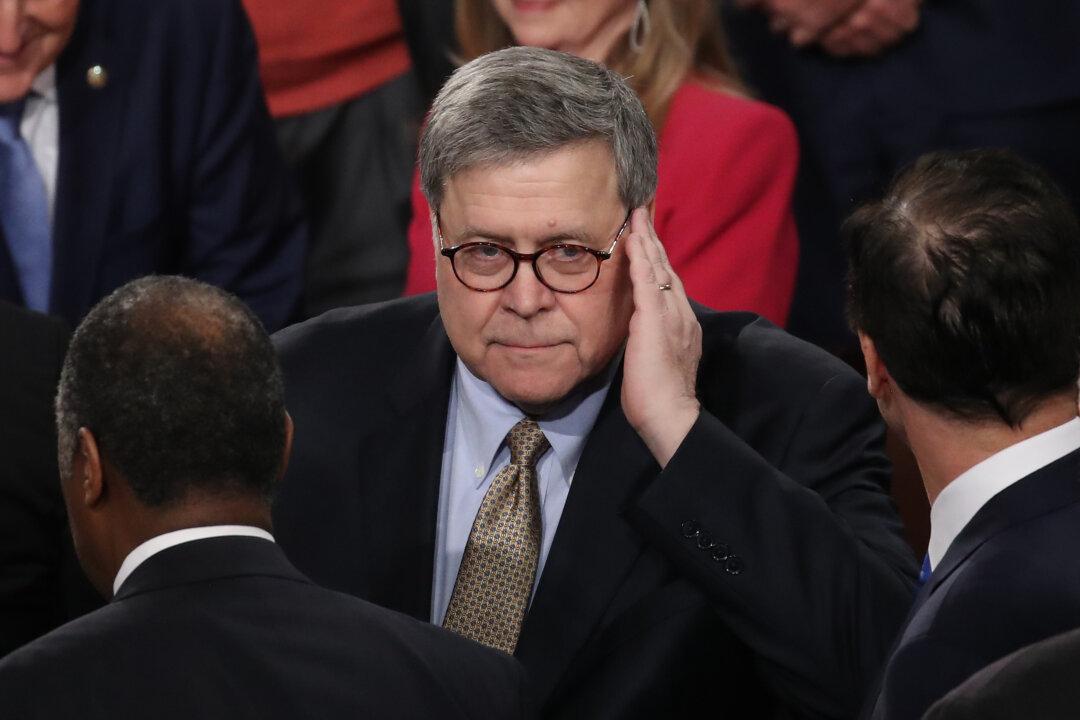The United States is aggressively pushing back against Chinese economic espionage and foreign influence activities, partnering with private enterprises, academia, and its allies to combat this threat, top U.S. officials said on Feb. 6.
The Chinese regime is deploying an “all-tools and all-sectors approach” to “steal their way up the economic ladder” at the United States’ expense, FBI Director Chris Wray told a Washington conference on the Department of Justice’s (DOJ) “China Initiative” program.





